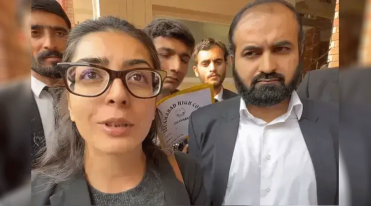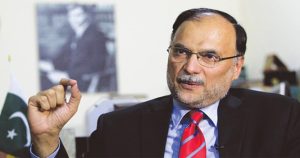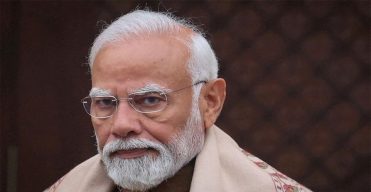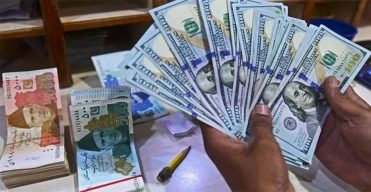Imran Khan is a Pakistani politician, former cricketer, and the current Prime Minister of Pakistan. He has been in office since August 2018, following a victory in the general elections held earlier that year. He is also the founder of the Pakistan Tehreek-e-Insaf (PTI) party, which he formed in 1996 with the goal of creating a corruption-free Pakistan.
Imran Khan was born on October 5, 1952, in Lahore, Pakistan. He was educated at Aitchison College in Lahore, and later attended the University of Oxford in England, where he studied philosophy, politics, and economics. While at Oxford, he played cricket for the university and later went on to play for the Pakistan national cricket team.
Khan made his debut for the Pakistan cricket team in 1971 and went on to have a successful career as a cricketer. He played for Pakistan for over 20 years and captained the team to victory in the 1992 Cricket World Cup. He is widely regarded as one of the greatest cricketers in the history of Pakistan and was inducted into the International Cricket Council’s Hall of Fame in 2010.
After retiring from cricket, Khan became involved in Pakistani politics and founded the PTI party in 1996. The party’s main goal was to eradicate corruption in Pakistan and promote social justice and equality. However, the party struggled to gain support in its early years and was not successful in any of the elections it contested until 2013.
In the 2013 general elections, the PTI emerged as the third-largest party in Pakistan, winning 35 seats in the National Assembly. However, Khan and his party accused the ruling Pakistan Muslim League-Nawaz (PML-N) of rigging the elections and demanded a re-count. The demand was not met, and the PTI launched a series of protests against the government, which lasted for several months.
The protests eventually fizzled out, but they established Imran Khan as a key player in Pakistani politics. In the 2018 general elections, the PTI emerged as the single largest party in the National Assembly, winning 116 seats out of a total of 272. Khan was elected as the Prime Minister of Pakistan, and he was sworn in on August 18, 2018.
As the Prime Minister of Pakistan, Imran Khan has prioritized several key issues, including corruption, economic reform, and social welfare. One of his first actions as Prime Minister was to launch a campaign against corruption, which he believes is one of the biggest obstacles to progress and development in Pakistan.
Khan has also made efforts to improve Pakistan’s economy, which has struggled in recent years due to high levels of debt and a lack of foreign investment. He has implemented several reforms aimed at promoting economic growth, including measures to improve the ease of doing business in Pakistan, and he has sought to attract foreign investment by improving the country’s security situation and investing in infrastructure.
In addition to his focus on corruption and economic reform, Imran Khan has also prioritized social welfare and has launched several initiatives aimed at improving the lives of ordinary Pakistanis. One of his flagship programs is the Ehsaas program, which aims to provide financial assistance to poor and marginalized communities in Pakistan. The program includes initiatives such as cash transfers, food assistance, and job training programs, and is designed to lift millions of people out of poverty.
Khan has also been a strong advocate for environmental protection, and has launched several initiatives aimed at addressing the issue of climate change. In 2018, he announced plans to plant 10 billion trees in Pakistan over the next five years, as part of a wider effort to combat deforestation and reduce the country’s carbon footprint.
















